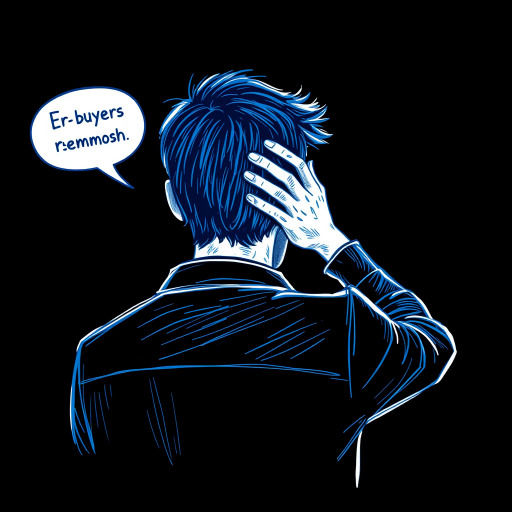How Oversized A/C Units Waste Energy and Underperform
- A. C. Wiz

- Jul 30
- 2 min read
Updated: Jul 31
When it comes to air conditioners, bigger isn’t always better.
In fact, one of the most common mistakes homeowners make is buying a unit that’s too powerful for their space. Oversized A/Cs don’t just cost more upfront—they also waste energy, increase bills, and often leave you less comfortable.
Let’s take a look at why an oversized air conditioner may be doing more harm than good.
1. Short Cycling Wastes Energy
Oversized units cool the room so quickly that they shut off after just a few minutes. This might sound efficient—but it’s not.
This rapid on-off behavior is called short cycling, and it causes:
Frequent compressor starts (high energy draw)
Inconsistent temperature control
Increased wear on components
Instead of running smoothly at a steady pace, the system keeps spiking in energy use, wasting electricity every time it restarts.
2. Poor Humidity Control
One of the air conditioner’s key jobs isn’t just cooling—it’s removing moisture from the air. But if the system shuts off too quickly, it doesn’t run long enough to do that job properly.
The result?
A cool room that still feels clammy or sticky
Increased risk of mold or mildew in humid climates
A cycle of constantly adjusting the thermostat without solving the real issue
Ironically, this means you feel less comfortable even though the air is cooler.
3. Uneven Cooling and Hot Spots
Oversized units often blast cold air near the thermostat but fail to evenly distribute cool air throughout the room. That leads to:
Cold spots near the unit
Hot zones in corners or farther areas
Constant fidgeting with fan settings or vents
In small or medium-sized rooms, you might even find the A/C turning off before it fully mixes the air.
4. Shortened Lifespan of Your A/C
All those start-stop cycles don’t just hurt efficiency—they wear out the system faster. Oversized units typically:
Require more frequent maintenance
Are prone to premature compressor failure
Last fewer years than properly sized systems
In the long run, that’s more replacements, more service calls, and more money down the drain.
Why Does This Happen?
Many people (and even contractors) assume that more BTUs = better performance. But proper sizing isn’t about brute force—it’s about matching the system to your room’s specific cooling load.
That includes:
Sun exposure
Insulation quality
Ceiling height
Climate zone
Window types...and more.
How to Avoid This Mistake
Instead of guessing—or relying on rules of thumb—use a smarter tool that simulates your exact room and calculates what size unit will actually perform best.
Try our A/C sizing agent to get a recommendation based on real thermal modeling. No more overspending. No more oversized regrets.




Comments